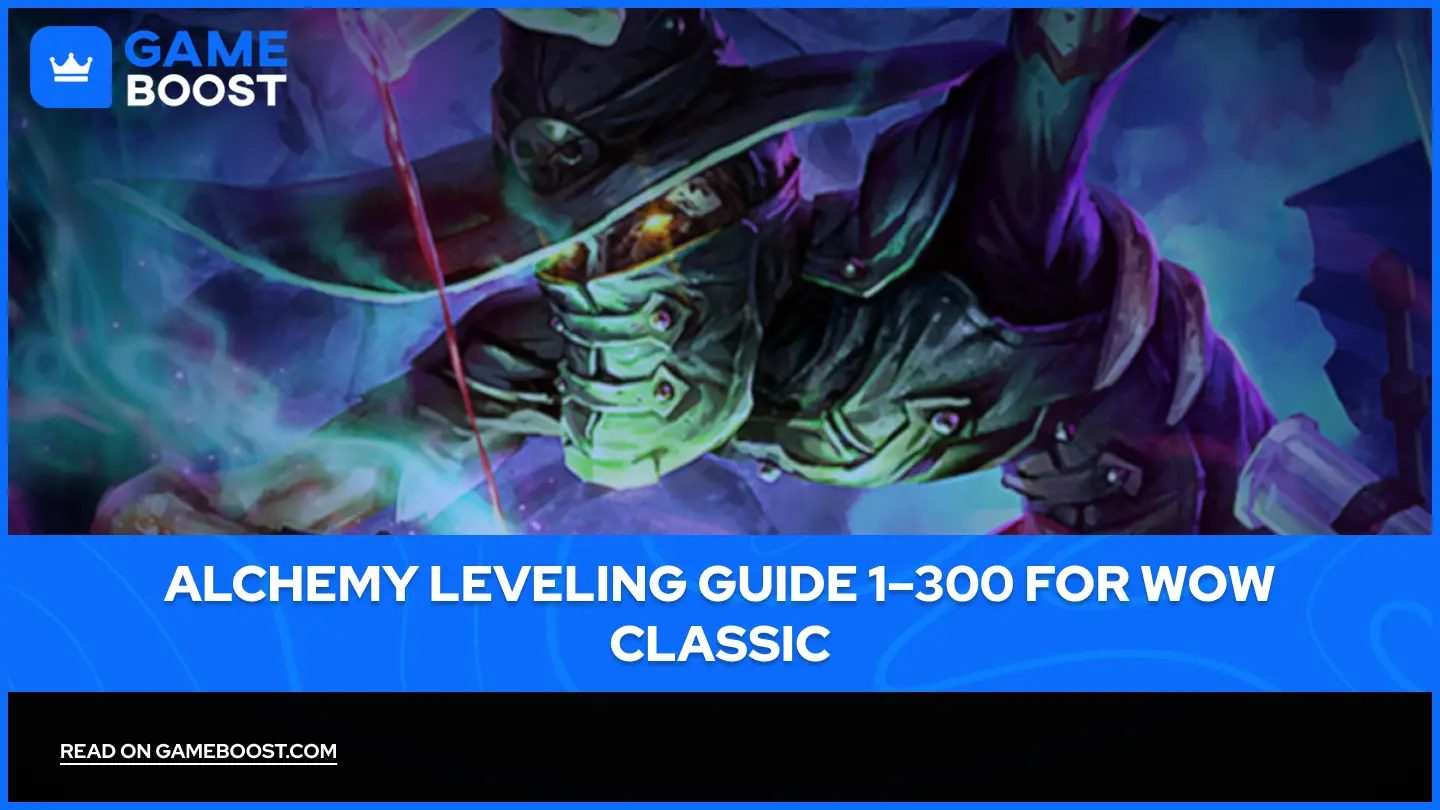

- Alchemy Leveling Guide 1–300 for WoW Classic
Alchemy Leveling Guide 1–300 for WoW Classic

Alchemy is a powerful profession in World of Warcraft Classic, offering players the ability to craft potions, elixirs, and transmutations that enhance gameplay in nearly every aspect—from leveling and raiding to PvP and gold-making. Its versatility and constant demand make it one of the most practical choices for players looking to support both personal performance and economic gain.
This guide is designed to help you level Alchemy from 1 to 300 efficiently, covering trainer locations, recommended recipes, key herbs like Sungrass and Blindweed, and profitable items such as Transmute: Arcanite. Whether you’re Alliance or Horde, this guide will walk you through every stage of the journey to becoming a master alchemist.
Also Read: WoW Classic: How to Feed and Manage Your Hunter Pet
Trainer Locations and Skill Rank Advancement
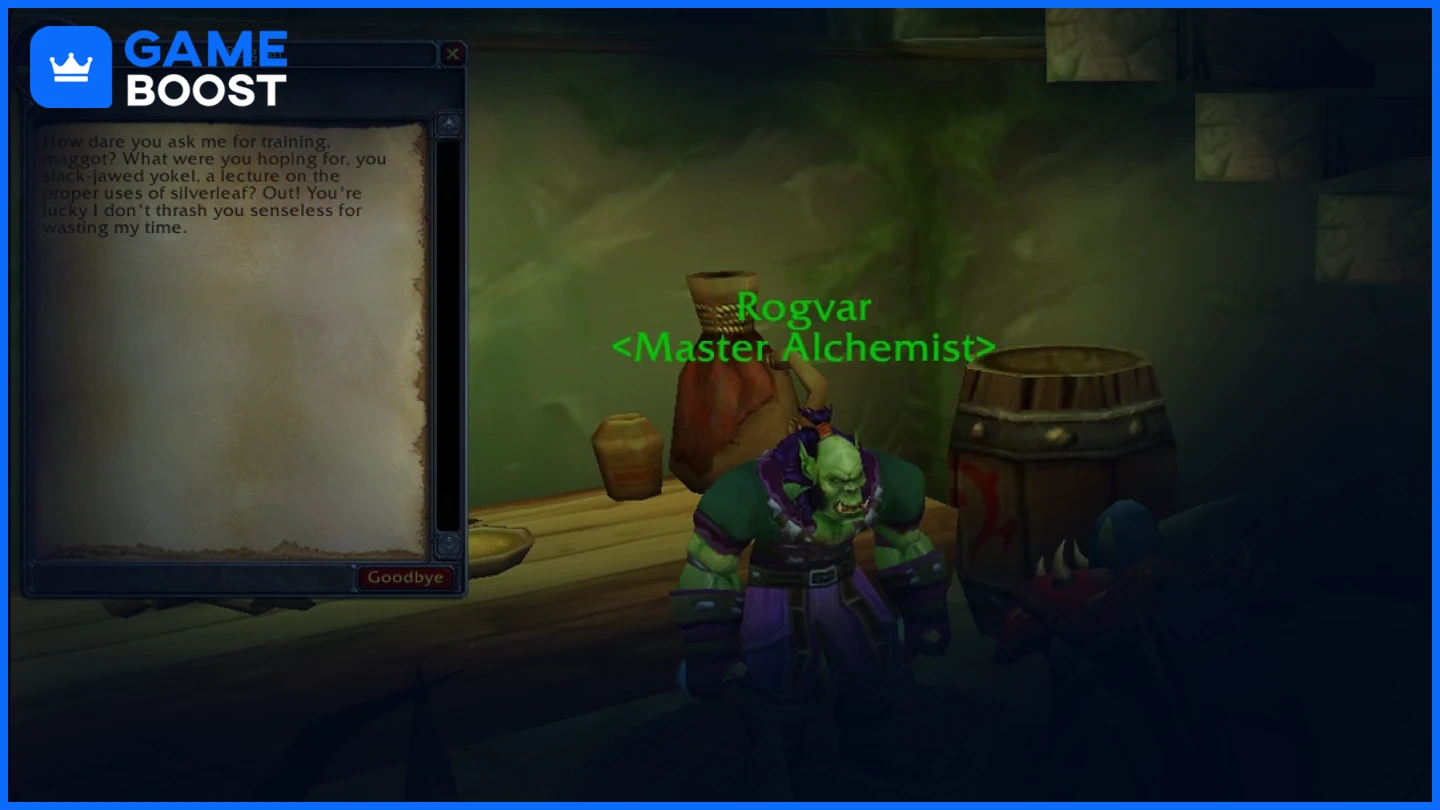
Alchemy training in WoW Classic is divided into four ranks: Apprentice, Journeyman, Expert, and Artisan. Apprentice and Journeyman ranks are available through standard trainers located in all major cities. For Alliance players, you can visit trainers in Stormwind, Ironforge, Darnassus, Goldshire, or Teldrassil. Horde players will find trainers in Orgrimmar, Thunder Bluff, Undercity, Brill, and Tarren Mill. These trainers will allow you to progress from skill level 1 to 150.
Once you reach skill level 125 and character level 20, you are eligible to learn Expert Alchemy. Alliance players can train with Ainethil in Darnassus, while Horde players can visit Doctor Herbert Halsey in Undercity.
To unlock Artisan Alchemy, you must reach Alchemy skill 225 and be at least level 35. For Alliance players, the Artisan trainer is Kylanna Windwhisper at Feathermoon Stronghold in Feralas. Horde players can learn Artisan from Rogvar, located in the Swamp of Sorrows.
Recommended Crafting Path (1–300)
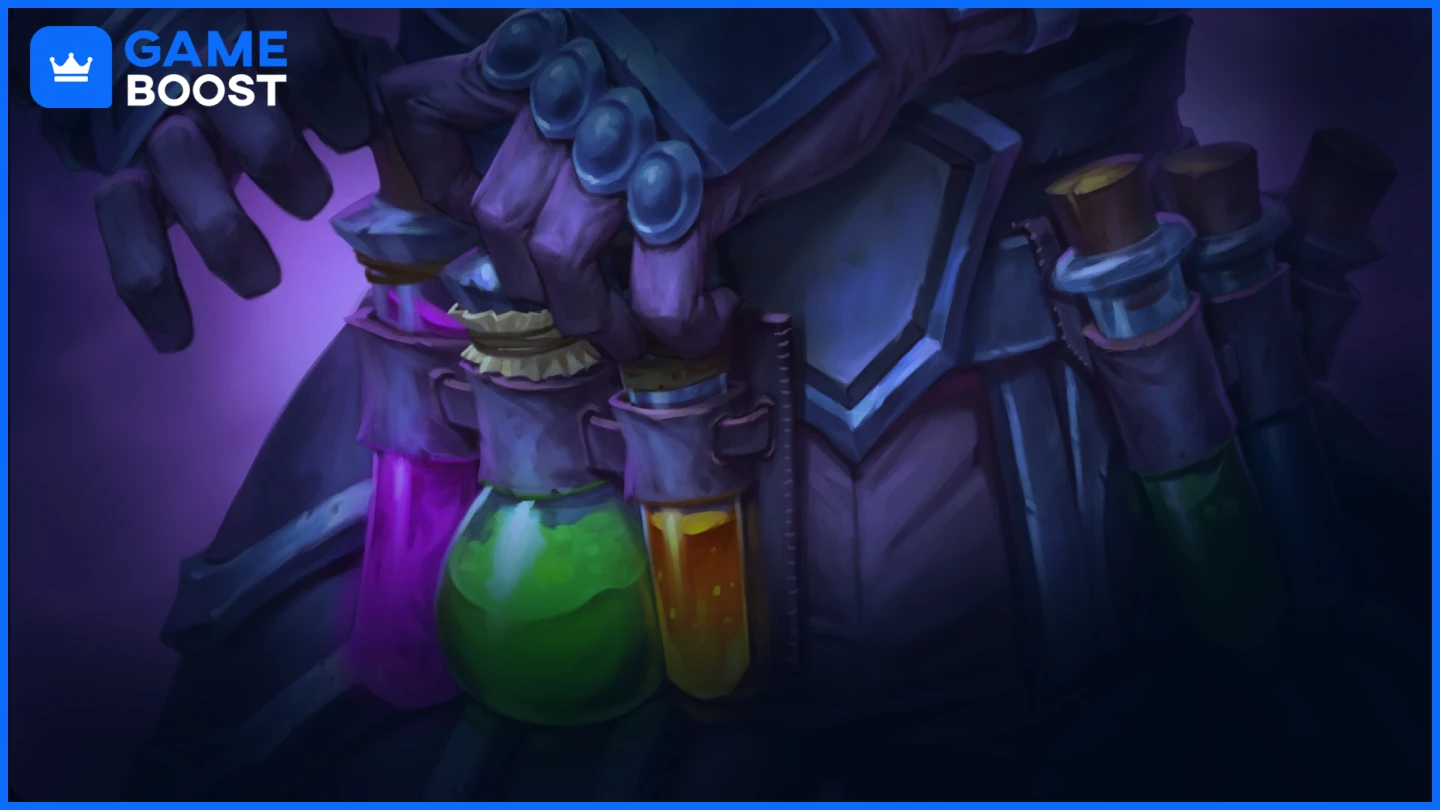
The most effective way to level Alchemy is to craft recipes that are “orange” or “yellow” in difficulty, as these offer the highest chance of skill increases. Begin by creating Minor Healing Potions using Peacebloom and Silverleaf until you reach skill 60. Then transition to Lesser Healing Potions, crafted from Minor Healing Potions and Briarthorn, and continue until skill 110. From 110 to 140, produce Healing Potions using Bruiseweed and Briarthorn.
Next, craft Lesser Mana Potions made from Mageroyal and Stranglekelp until skill 155. After this milestone, shift to Greater Healing Potions, which use Liferoot and Kingsblood, and raise you to skill 185. To reach skill 210, craft Elixir of Agility, combining Stranglekelp and Goldthorn. Between 210 and 215, switch to Elixir of Greater Defense, using Wild Steelbloom with Goldthorn.
From skill 215 to 230, craft Superior Healing Potions using Sungrass and Khadgar’s Whisker. At skill 230, begin producing Elixir of Detect Undead with Arthas’ Tears, and continue this until reaching skill 265. Between 265 and 285, make Superior Mana Potions, which require both Sungrass and Blindweed. Finally, craft Major Healing Potions using Golden Sansam and Mountain Silversage from skill 285 to 300.
Be prepared to craft extra potions at each stage to account for random skill-up outcomes and potential material shortages.
Also Read: WoW Classic Professions Guide: All 12 Skills
Key Herbs: Sungrass & Blindweed
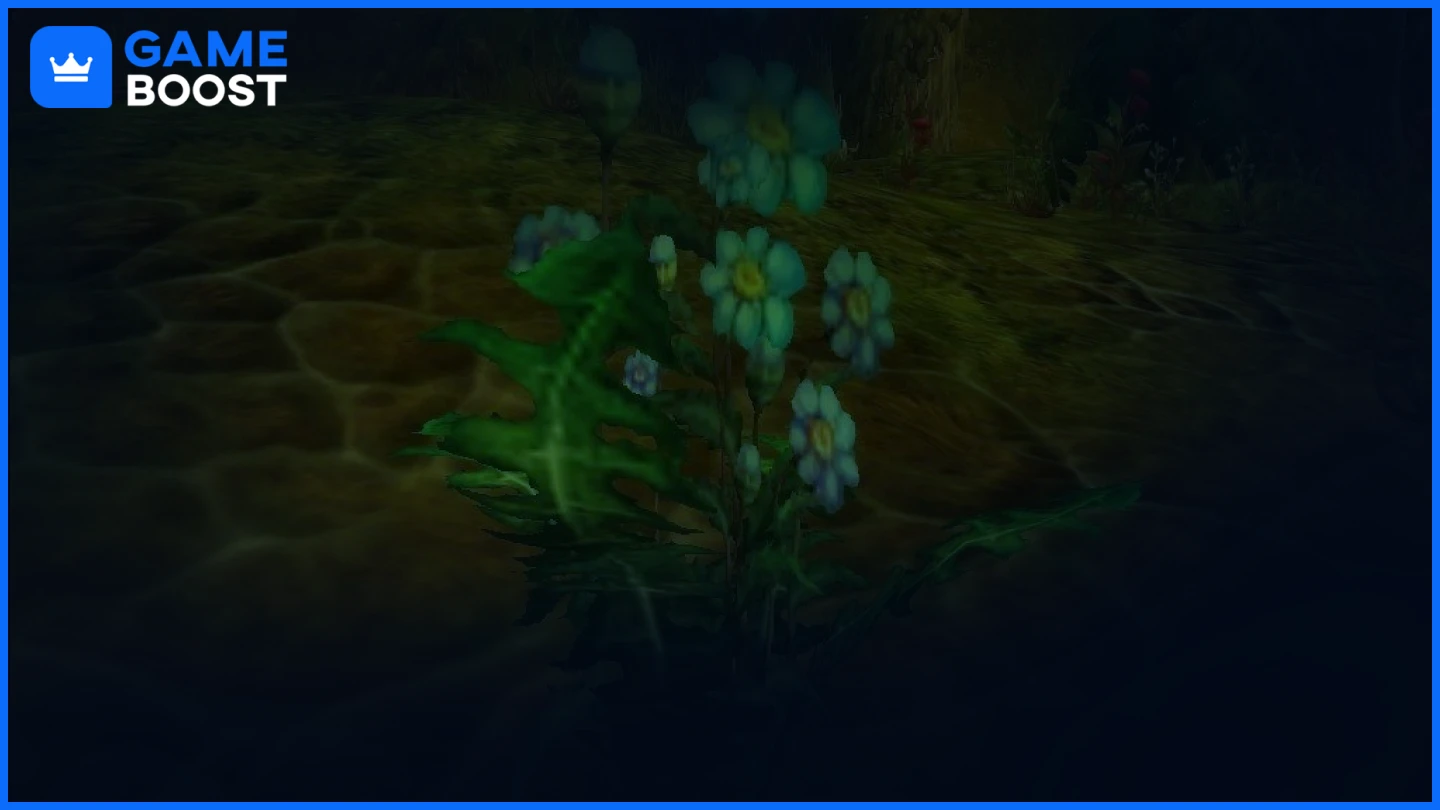
Sungrass becomes essential at higher Alchemy levels and requires an Herbalism skill of 230 to gather. You can find it in The Hinterlands, Azshara, Un’Goro Crater, and Feralas. The Hinterlands stand out due to their flat terrain and dense herb nodes, making farming efficient. These zones also reward collectors with Goldthorn, Golden Sansam, and Kaldorei Whisker, increasing overall yield .
Blindweed is another key herb, primarily used in Superior Mana Potions. It spawns near water in the Swamp of Sorrows, Un’Goro Crater, and inside Maraudon. While less abundant than Sungrass, its use in high-demand recipes makes it valuable to gather or purchase.
Transmutations and Profitable Recipes
At Alchemy skill level 275 and character level 45, alchemists can learn the Transmute: Arcanite recipe from Alchemist Pestlezugg in Gadgetzan, Tanaris. This transmutation requires one Arcane Crystal, one Thorium Bar, and a Philosopher’s Stone. It produces one Arcanite Bar, which is a key component in many high-end crafting recipes, particularly in Blacksmithing and Engineering.
Other profitable alchemy recipes include Superior Mana Potions, Free Action Potions, Limited Invulnerability Potions, and Major Healing Potions. These items are consistently in demand by both PvE and PvP players. Many of their ingredients—such as Sungrass, Blindweed, and Bruiseweed—are readily farmable or available on the Auction House at accessible prices. Crafting these potions in preparation for raid reset days or battleground weekends can be especially lucrative.
Material Sources: Farming vs. Buying
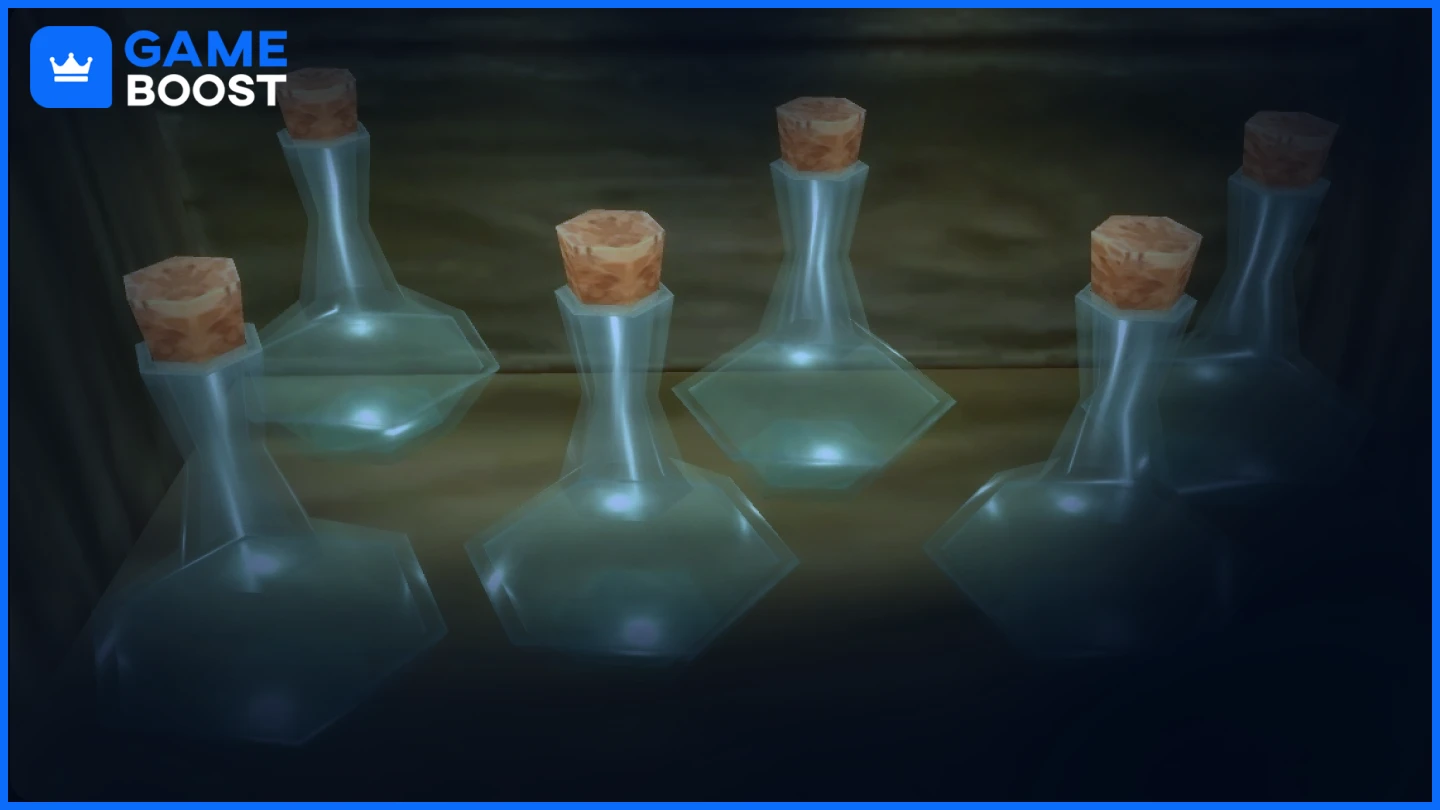
While pairing Alchemy with Herbalism allows you to gather your herbs and reduce costs, many players find a balanced approach more efficient. Farming can be time-consuming, especially for rare herbs like Blindweed or Mountain Silversage, so purchasing these from the Auction House can save valuable time when pushing higher levels of the profession. Crystal Vials, which are required for nearly every potion and elixir, should always be purchased from vendors to avoid unnecessary markups.
Watching market trends and buying herbs in bulk during low-competition windows can also help keep your crafting costs under control. Farming in underpopulated zones or off-peak hours will also improve efficiency.
Also Read: WoW Classic First Aid Guide: Leveling 1 - 300
FAQs About Leveling Alchemy
Q: Where can I find the best Sungrass farming spots?
A: The Hinterlands are widely considered the most efficient zone due to their high Sungrass density and relatively easy navigation. Other strong alternatives include Azshara, Un’Goro Crater, and Feralas, which also offer valuable secondary herbs.
Q: Do I need to farm all herbs myself to level Alchemy efficiently?
A: Farming is not strictly necessary. Many players choose to purchase herbs like Blindweed, Sungrass, and Mountain Silversage from the Auction House, especially during the later stages of Alchemy leveling when these materials become more difficult to gather in large quantities.
Q: What is the fastest way to level Alchemy in WoW Classic?
A: The most efficient path involves crafting recipes that are orange or yellow difficulty relative to your skill level, following the recommended recipe progression, and ensuring you have access to herbs either through farming or market purchases.
Q: Where can I learn the Transmute: Arcanite recipe?
A: The Transmute: Arcanite recipe can be purchased from Alchemist Pestlezugg in Gadgetzan, located in the Tanaris zone. You must have an Alchemy skill of 275 and be at least level 45 to learn it. You will also need a Philosopher’s Stone in your inventory to perform the transmutation.
Q: Are there any potions worth crafting purely for profit?
A: Yes. Potions such as Free Action, Limited Invulnerability, Superior Mana, and Major Healing are consistently profitable. They are used regularly in PvP and raid content and often sell well on the Auction House, especially on raid reset days.
Q: Can I train Artisan Alchemy before reaching level 35?
A: No. Artisan Alchemy requires both a minimum skill level of 225 and a character level of 35. Trainers will not offer Artisan training until both conditions are met.
Final Words
Alchemy is one of the most rewarding professions in World of Warcraft Classic. It supports solo play, dungeon progression, raid preparedness, and PvP engagement by providing crucial consumables. It also enables a reliable income through crafted potions and valuable transmutes like Arcanite.
By following a structured progression path, managing your materials wisely, and investing in the right recipes, you can reach skill level 300 efficiently. Pairing Alchemy with Herbalism gives you greater control over your material costs, while smart Auction House purchasing can help bridge gaps when farming isn’t practical.
With a disciplined approach and a good understanding of the market, you’ll not only become a skilled alchemist but also a valuable contributor to your guild and a consistent earner in the WoW Classic economy.
“ GameBoost - The All-In-One Gaming Services Platform with a mission to truly change the life of every day gamers. Whether you're looking for Currencies, Items, High-Quality Accounts or Boosting, we've got you covered! ”




.webp?v=1748359576)